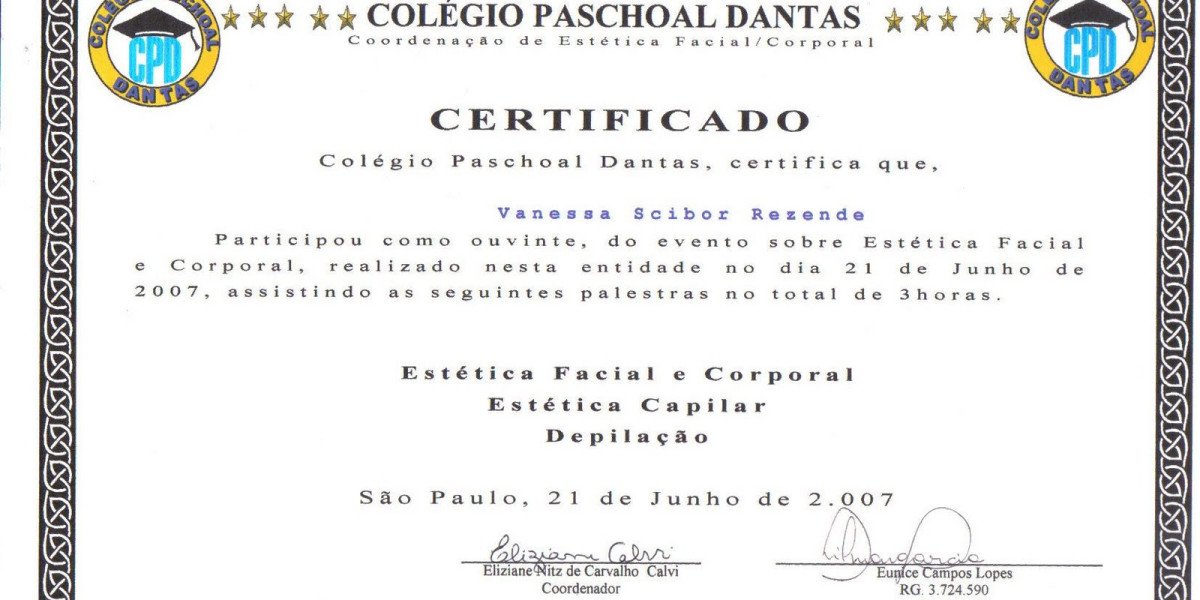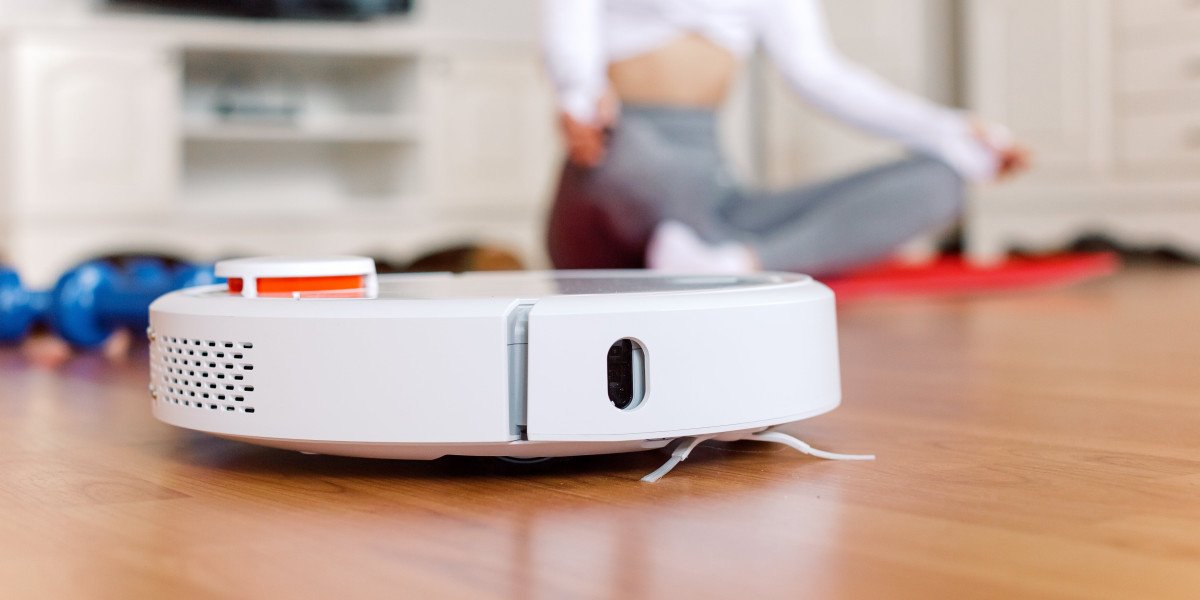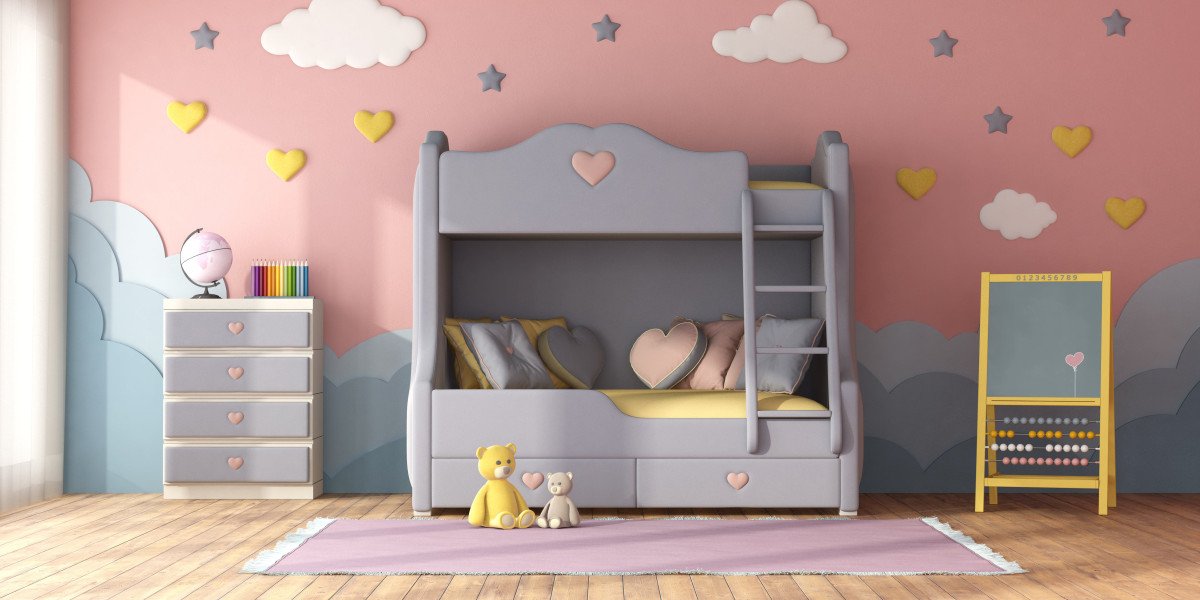A clean couch doesn’t just look great — it contributes to a healthier and more comfortable living space. As one of the most frequently used pieces of furniture in your home, your couch inevitably collects dirt, dust, spills, pet dander, and bacteria over time. When it comes time to refresh your couch, you have two primary options: doing it yourself or hiring professional cleaning couches services.
But which method really delivers better results? To answer that question, let’s explore the pros and cons of both approaches, analyze the differences in outcomes, and help you decide which option is right for your specific needs.
Understanding the Basics: DIY Cleaning vs. Professional Services
Before diving into which method performs better, it's important to understand what each entails.
DIY couch cleaning usually involves household tools like a vacuum, steam cleaner, upholstery cleaner sprays, and sometimes homemade solutions like vinegar or baking soda. It’s generally cost-effective and convenient for regular maintenance.
Professional cleaning couches services, on the other hand, use industrial-grade equipment, specialized detergents, and trained technicians who know how to treat a wide range of materials — from leather to microfiber and everything in between. These services typically offer a deeper, more thorough clean.
Cost Comparison
DIY Cleaning
One of the biggest advantages of the DIY route is cost. Most people already own basic cleaning supplies, and any additional products can be bought for relatively little money. Renting a steam cleaner might cost anywhere between $30 to $50 per day, making this option more budget-friendly — at least initially.
Cleaning Couches Services
Hiring professionals may cost more upfront, typically ranging from $80 to $150 or more, depending on the size and condition of the couch, fabric type, and service provider. However, professionals also offer value beyond just cleaning — such as prolonging your furniture’s lifespan and improving indoor air quality.
Verdict: DIY wins in terms of upfront cost, but the investment in professional services often pays off long-term.
Effectiveness and Quality of Results
DIY Cleaning
DIY methods are great for surface-level maintenance. You can vacuum crumbs, use a fabric cleaner for light stains, and even deodorize your sofa using baking soda. However, deeper stains, set-in grime, or allergens embedded in the fibers often remain untouched with DIY techniques.
Cleaning Couches Services
Professional cleaners use commercial-grade steam and extraction machines, which penetrate deeper into the fabric and padding. They’re trained to identify stains and use the appropriate solutions to treat them. If your couch has heavy stains, strong odors, or embedded allergens, professional services offer results that are hard to match.
Verdict: When it comes to deep cleaning and visible results, professional cleaning couches services have the upper hand.
Time and Convenience
DIY Cleaning
DIY cleaning requires a fair amount of time and effort. You'll need to set aside time for vacuuming, pre-treating stains, steam cleaning, drying, and ensuring no damage occurs to your upholstery in the process. Mistakes can happen, especially with delicate fabrics or improper cleaning products.
Cleaning Couches Services
Professional services handle everything for you — from assessment to drying. In most cases, your couch is ready for use much faster. Plus, there's no need for trial and error or manual labor on your end.
Verdict: If you value your time and convenience, hiring professionals is the clear winner.
Risk of Damage
DIY Cleaning
A major downside to DIY methods is the potential to damage your furniture. Using too much water, the wrong cleaner, or excessive heat can discolor or shrink upholstery fabrics. Not all couches are made equal, and DIY approaches may lack the nuance needed for proper care.
Cleaning Couches Services
Professionals assess the fabric type, stain origin, and any special treatment needs. They use the right temperature, products, and techniques to safely clean without harming the upholstery. This significantly reduces the risk of permanent damage.
Verdict: Professional services are a safer choice, especially for high-end or delicate furniture.
Environmental and Health Factors
DIY Cleaning
Some DIY enthusiasts opt for eco-friendly homemade solutions, which are great for reducing chemical exposure. However, without powerful extraction tools, allergens, mold spores, and bacteria may still linger.
Cleaning Couches Services
Many modern cleaning couches services now offer eco-friendly options as part of their packages. More importantly, the deep-cleaning equipment used by professionals eliminates allergens and bacteria more effectively, leading to better indoor air quality.
Verdict: Professionals offer a deeper hygienic clean, although DIY can be greener if eco-friendly products are used.
Situational Suitability
When DIY Makes Sense:
Light surface stains
Regular maintenance between deep cleanings
When you’re on a tight budget
Dealing with couches made of durable, easy-to-clean fabric
When to Call Cleaning Couches Services:
Stubborn stains or unpleasant odors
Presence of allergens, pet dander, or bacteria
Delicate or expensive upholstery
Preparing your home for guests, selling, or moving
Final Verdict: Which One Delivers Better Results?
While DIY methods offer affordability and are fine for minor upkeep, professional cleaning couches services deliver significantly better results in terms of cleanliness, safety, and long-term furniture care.
If your couch simply needs a quick refresh, DIY might suffice. But for deep stains, health-related concerns, or fabric that requires specialized attention, professional services provide peace of mind and superior results.
Conclusion
Your couch is more than just a place to sit — it’s a central piece of your living space and often a considerable investment. Keeping it clean not only improves your home’s appearance but also contributes to a healthier indoor environment. While both DIY methods and professional cleaning couches services have their place, knowing when to call in the experts can make all the difference.









